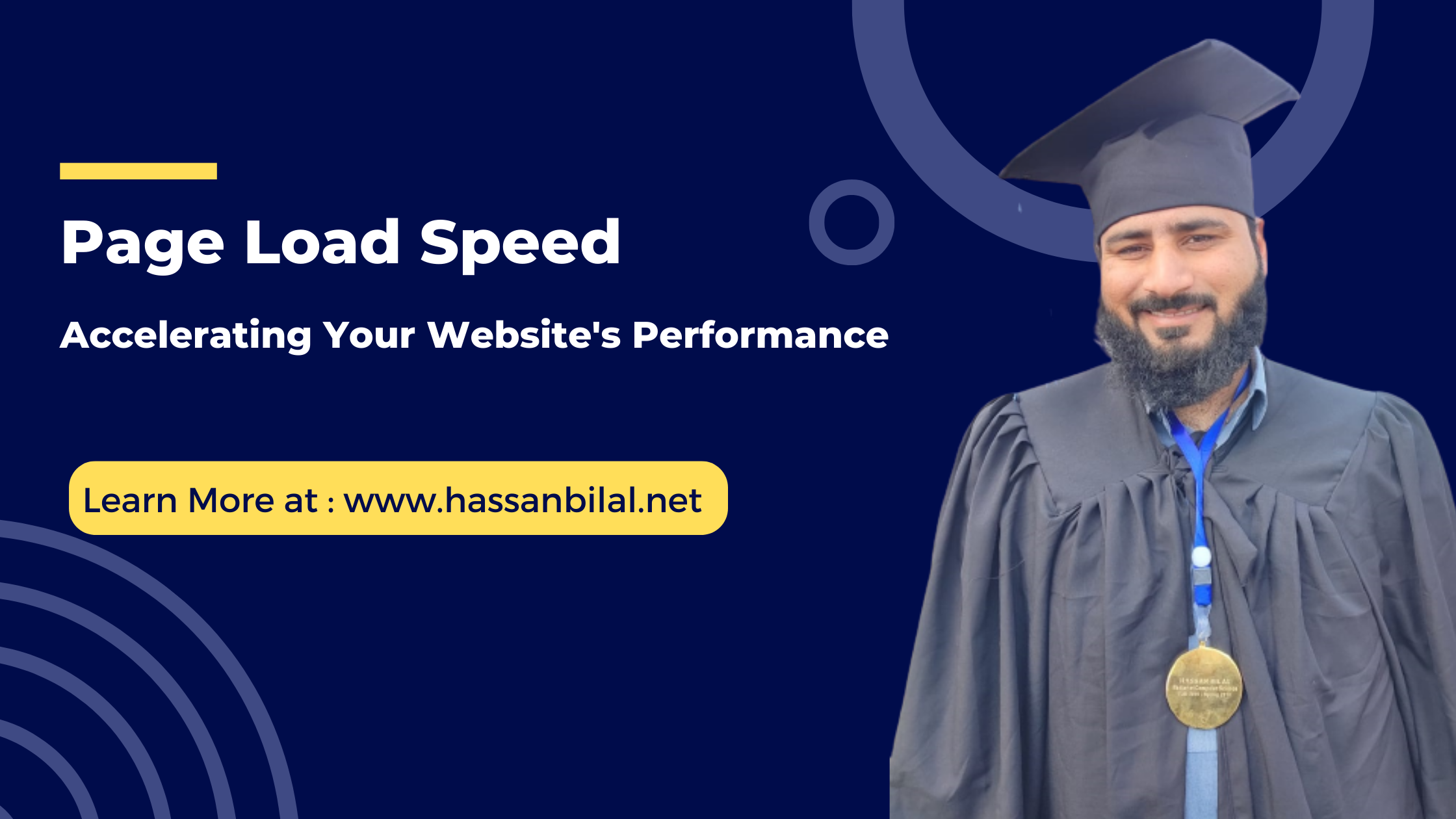Search Engine Optimization & Marketing
Page Load Speed: Accelerating Your Website’s Performance

Page load speed is the time it takes for a web page to load completely in a user’s browser. It is measured in milliseconds (ms). A fast page load speed is important for SEO because it can affect a number of factors, including:
- User experience: A slow page load speed can lead to a poor user experience, which can increase bounce rates and decrease conversions.
- Search engine ranking: Google has confirmed that page load speed is a ranking factor, so a faster page load speed can help your website rank higher in search results.
- Brand reputation: A slow page load speed can damage your brand reputation, as users may perceive your website as being unreliable or unprofessional.
Understanding the Significance of Page Load Speed
Improved User Experience
Page Load Speed is a critical factor in providing an optimal user experience. Users expect web pages to load quickly, and a slow-loading website can lead to frustration and high bounce rates. By optimizing your Page Load Speed, you ensure that users can access and interact with your content swiftly, enhancing user satisfaction and engagement.
Enhanced Search Engine Rankings
Search engines, such as Google, consider Page Load Speed as a ranking factor in their algorithms. Websites that load faster are more likely to achieve higher search engine rankings, as search engines prioritize delivering fast and efficient results to users. By prioritizing Page Load Speed, you can improve your website’s visibility and attract more organic traffic.
Reduced Abandonment Rates
A slow-loading website can significantly impact user behavior, leading to increased abandonment rates. Users have become increasingly impatient, and if a web page takes too long to load, they are more likely to abandon it and look for alternatives. By optimizing your Page Load Speed, you reduce the risk of losing potential customers and increase the chances of conversions and sales.
Essential Techniques for Optimizing Page Load Speed
Optimize Image Size and Format
Images are often the largest elements on a web page, contributing to slower load times. Compress and resize images without compromising quality to reduce their file sizes. Additionally, utilize modern image formats, such as WebP, which offer better compression and faster loading times compared to traditional formats like JPEG and PNG.
Leverage Browser Caching
Leveraging browser caching allows you to store certain elements of your website in a user’s browser, reducing the need to download them on subsequent visits. By setting appropriate cache headers, you can instruct browsers to cache static resources, such as images, CSS, and JavaScript files. This significantly improves Page Load Speed for returning visitors.
Minify CSS and JavaScript Files
Minification refers to the process of removing unnecessary characters and spaces from CSS and JavaScript files, reducing their file sizes. Minified files load faster, as they require less bandwidth to download. Utilize minification techniques, such as removing comments, whitespace, and unnecessary code, to optimize your CSS and JavaScript files.
Enable GZIP Compression
GZIP compression allows you to reduce the size of your website’s files before they are sent over the network. This compression technique significantly reduces the amount of data that needs to be transferred, resulting in faster Page Load Speed. Enable GZIP compression on your web server to enhance the performance of your website.
Minimize HTTP Requests
Each HTTP request made by a web page contributes to its load time. Minimize the number of HTTP requests by combining multiple CSS and JavaScript files into a single file. Additionally, reduce the number of external resources, such as fonts and plugins, to decrease the overall load time of your web page.
Conclusion
Page Load Speed is a crucial aspect of website optimization that directly impacts user experience, search engine rankings, and overall website success. By optimizing image size and format, leveraging browser caching, minifying CSS and JavaScript files, enabling GZIP compression, and minimizing HTTP requests, you can significantly improve the Page Load Speed of your website. Prioritize Page Load Speed to provide a seamless user experience, boost your search engine rankings, and drive higher engagement and conversions.
